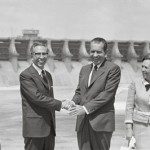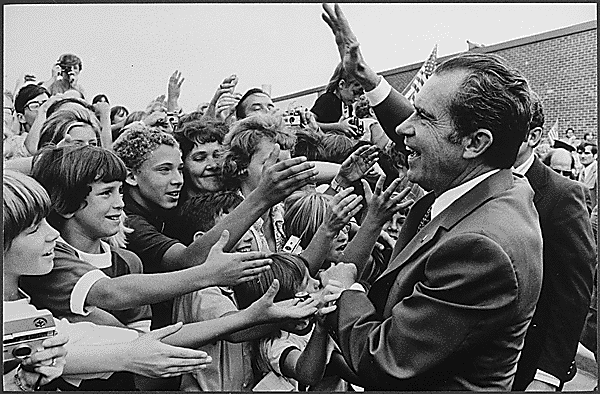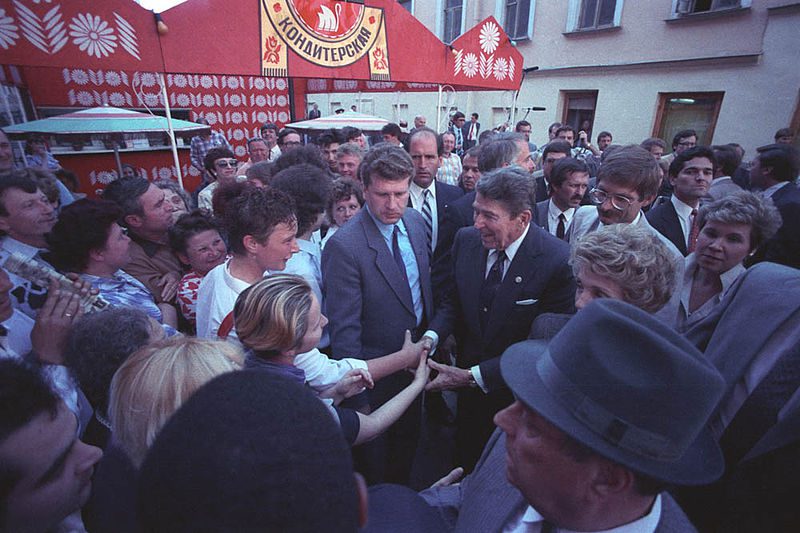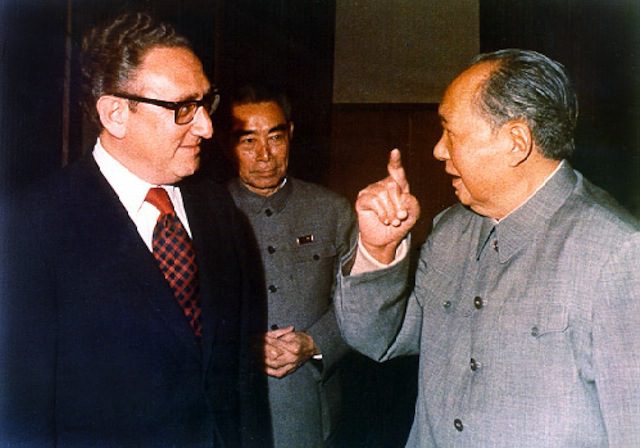During the summer of 2016, we will be bringing together our previously published articles, book reviews, and podcasts on key themes and periods in the history of the USA. Each grouping is designed to correspond to the core areas of the US History Survey Courses taken by undergraduate students at the University of Texas at Austin.
As a starting point, Dolph Briscoe IV recommends The Seventies: The Great Shift in American Culture, Society, and Politics, by Bruce J. Schulman (De Capo Press, 2001)
Dolph Briscoe IV also suggests Nixonland: The Rise of a President and the Fracturing of America, by Rick Perlstein (Scribner, 2008)
Jack Loveridge reviews Fear and Loathing on the Campaign Trail ’72, by Hunter S. Thompson (Gonzo Journalism 1972).
Clay Katsky recommends Kissinger’s Shadow, by Greg Grandin (Metropolitan Books, 2015).
Christopher Rose asks the question What’s Missing from ‘Argo’?(2012)
Books on Reagan:
Simon Miles suggests The Age of Reagan: A History, by Sean Wilentz (Harper Perennial, 2008) and Reagan on War: A Reappraisal of the Weinberger Doctrine, 1980-1984, by Gail E. S. Yoshitani (Texas A & M University Press, 2012)
And Joseph Parrot recommends The Rebellion of Ronald Reagan: A History of the End of the Cold War, by James Mann (Penguin, 2010)
On 15 Minute History
 At 2:30 pm on Saturday September 21 1969, US president Richard Nixon announced ‘the largest peacetime search and seizure operation in history.’ Intended to stem the flow of marijuana into the United States from Mexico, the three-week operation resulted in a near shut down of all traffic across the border and was later referred to by Mexico’s foreign minister as the lowest point in his career.
At 2:30 pm on Saturday September 21 1969, US president Richard Nixon announced ‘the largest peacetime search and seizure operation in history.’ Intended to stem the flow of marijuana into the United States from Mexico, the three-week operation resulted in a near shut down of all traffic across the border and was later referred to by Mexico’s foreign minister as the lowest point in his career.
Guest James Martin from UT’s Department of History describes the motivations for President Nixon’s historic unilateral reaction and how it affected both Americans as well as our ally across the southern border.
The International Energy Crisis of the 1970s
Most Americans probably associate the 1973 oil crisis with long lines at their neighborhood gas stations, but those lines were caused by a complex patchwork of international relationships and negotiations that stretched around the globe.
Guest Chris Dietrich explains the origins of the energy crisis and the ways it shifted international relations in its wake.
Some broader perspectives:
Here are all of our articles, book recommendations, and podcasts on the Cold War.
Aragorn Storm Miller reviews Rise of the Vulcans: The History of Bush’s War Cabinet, by James Mann (Penguin, 2004)
Mark Battjes recommends Worldmaking: The Art and Science of American Diplomacy, by David Milne (Macmillan, 2015)






